Plus de détails
Piotr Ilitch Tchaikovsky (1840-1893): Iolanta, opera in one act, libretto by Modest Tchaikovsky. Igor Stravinsky (1882-1971): Perséphone, melodrama in three parts (1934), libretto by André Gide. Direction: Peter Sellars. Set design: George Tsypin. Dress design: Martin Pakledinaz et Helene Siebrits. Light design: James F. Ingalls. With : (Iolanta) Ekaterina Scherbachenko, Iolanta ; Dmitry Ulianov, King René of Provence ; Alexej Markov, Robert ; Pavel Cernoch, Vaudémont ; Willard White, Ibn-Hakia ; Vasily Efimov, Alméric ; Pavel Kudinov, Bertrand ; Ekaterina Semenchuk, Marta ; Irina Churilova, Brigitta ; Letitia Singleton, Laura. (Perséphone) : Paul Groves, Eumolpe ; Dominique Blanc, Persephone ; dancers of Amrita Performing Arts, Cambodge : Sam Sathya, Persephone ; Chumvan Sodhachivy, Demeter ; Khon Chansithyka, Pluto. Pequeños Cantores de la Jorcam (Chorus Master: Ana González). (Coro Intermezzo et Orquestra Sinfónica de Madrid). Coro del Teatro Real (Chorus Master: Andrés Máspero). Orquesta Titulares del Teatro Real, conductor : Teodor Currentzis. Film making : Ángela Álvarez Rilla. Recorded 21 & 24 January 2012 in Teatro Real, Madrid. Subtitling in english, spanish, french, german and italian. 1 DVD Teatro Real TR97011DVD. 5060266 600456. NTSC. Dolby Digital ; Dolby Digital 5.1. Zone 0. Duration: 187’
The originality and success of this DVD results from first an unusual pairing of two works, or rather two rarities, belonging to very different eras and idioms.
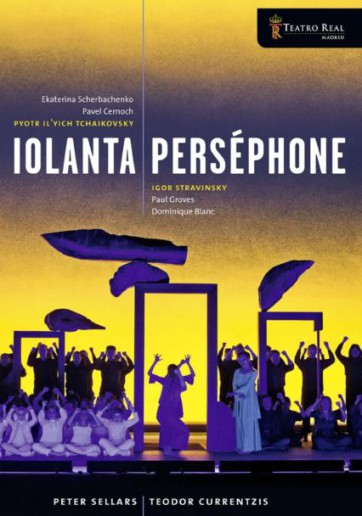 Indeed, aside from their very obviously Russian origins—even though Persephone, which premiered at the Paris Opera in 1934, could almost be taken for a French work—everything about these two works would seem to be entirely different. The late post-romanticism of Tchaikovsky's last opera (Iolanta was premiered a few months before his suicide) is the very opposite of the young Stravinsky's modernism—a tad cubistic; Persephone was composed in the middle of the phase in which he was rewriting the great Greek myths.It is as far as possible from the genuine lyricism still found in Iolanta.
Indeed, aside from their very obviously Russian origins—even though Persephone, which premiered at the Paris Opera in 1934, could almost be taken for a French work—everything about these two works would seem to be entirely different. The late post-romanticism of Tchaikovsky's last opera (Iolanta was premiered a few months before his suicide) is the very opposite of the young Stravinsky's modernism—a tad cubistic; Persephone was composed in the middle of the phase in which he was rewriting the great Greek myths.It is as far as possible from the genuine lyricism still found in Iolanta.
Persephone, which was inspired by a rather obscure poem by André Gide, is not exatly Stravinsky's most exciting work, even if certain passages are of a truly arresting beauty.
Yet nonetheless, there are many parallels between the two works, which are underlined by both Peter Sellars's direction and Teodor Currentzis's conducting. First, the main theme of Iolanta and Persephone is a journey from darkness to light, both literally and metaphorically, and, in the case of Persephone, a journey in both directions.
In Iolanta, the heroine reaches light and knowledge through her experience of love and desire; in Persephone, the heroine is so moved by what she witnesses in Hell that she takes the decision to stay there six months a year. In both cases, the heroine is hidden from the world for a long period of time by one of her parents (Demeter hides Persephone; King René, Iolanta) and each of the two women is transformed. On the musical side, the use of the string quartet in both cases makes it possible to glimpse connections between works whose staging also brings out their common denominators.
In both works, the characters move within a unit set comprising four porticoes decorated with stones. Behind those porticoes, large colored panels can slide to change the way the lighting affects the stage. This is done throughout the operas in a way appropriate to every scene. Even though some of the movements and positions of the scenic elements are occasionally somewhat puzzling, the beauty of the stage pictures—and especially the emotional power of the lighting—cannot fail to move the viewer. The costumes, in plain colors, are very simple, and are part of what could be interpreted as representing a kind of spiritual asceticism. Indeed, it is the spiritual dimension of the two works that is highlighted, in what is in the end in both cases a sort of stylized rite of passage. For the same reasons, the choice to insert the sublime « Hymn of the Cherubim » from Tchaikovsky's Liturgy of St. John Chrysostom at the end of Iolanta is excellent.
Needless to say, all the artists are fully committed to this adventure, starting with the four Cambodian dancers, who perform dressed in blue (Persephone), yellow (Demeter), red (Pluto), and grey (Mercury/Demophon/Triptolemus). The Russian singers assembled for Iolanta have youthful looks and voices and are absolutely convincing. Some of them far outdue the vocal performances of their valorous elders (Gedda, Vichnievskaya), which were in the old days preserved on Rostropovich's recording, probably the only one previously made. As for Persephone, Dominique Blanc's performance in the spoken part of the heroine may seem somewhat artifical and strained – but that could be because of the acoustics in a space such as the Teatro Real. Paul Groves compells admiration by his meticulous phrasing. In a more lyric role, one could obviously wish for more sweetness in the voice.
The total commitment onstage also extends to the choir of the Teatro Real, which is truly touched by grace. And in the pit, conductor Teodor Currentz makes quite obviously an important contribution to the success of the enterprise.
All in all, this is an unexpected achievement, whose artistic and musical choices should not leave any music lover unmoved.
Plus de détails
Piotr Ilitch Tchaikovsky (1840-1893): Iolanta, opera in one act, libretto by Modest Tchaikovsky. Igor Stravinsky (1882-1971): Perséphone, melodrama in three parts (1934), libretto by André Gide. Direction: Peter Sellars. Set design: George Tsypin. Dress design: Martin Pakledinaz et Helene Siebrits. Light design: James F. Ingalls. With : (Iolanta) Ekaterina Scherbachenko, Iolanta ; Dmitry Ulianov, King René of Provence ; Alexej Markov, Robert ; Pavel Cernoch, Vaudémont ; Willard White, Ibn-Hakia ; Vasily Efimov, Alméric ; Pavel Kudinov, Bertrand ; Ekaterina Semenchuk, Marta ; Irina Churilova, Brigitta ; Letitia Singleton, Laura. (Perséphone) : Paul Groves, Eumolpe ; Dominique Blanc, Persephone ; dancers of Amrita Performing Arts, Cambodge : Sam Sathya, Persephone ; Chumvan Sodhachivy, Demeter ; Khon Chansithyka, Pluto. Pequeños Cantores de la Jorcam (Chorus Master: Ana González). (Coro Intermezzo et Orquestra Sinfónica de Madrid). Coro del Teatro Real (Chorus Master: Andrés Máspero). Orquesta Titulares del Teatro Real, conductor : Teodor Currentzis. Film making : Ángela Álvarez Rilla. Recorded 21 & 24 January 2012 in Teatro Real, Madrid. Subtitling in english, spanish, french, german and italian. 1 DVD Teatro Real TR97011DVD. 5060266 600456. NTSC. Dolby Digital ; Dolby Digital 5.1. Zone 0. Duration: 187’

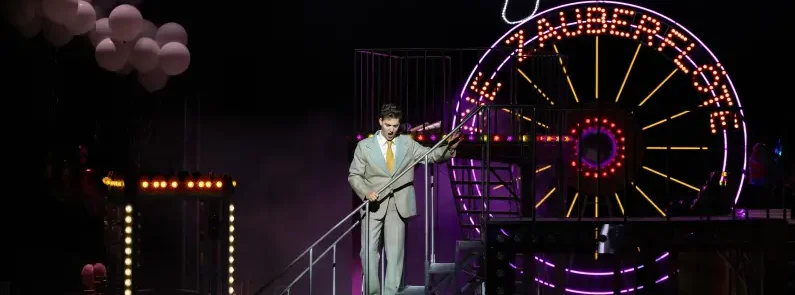
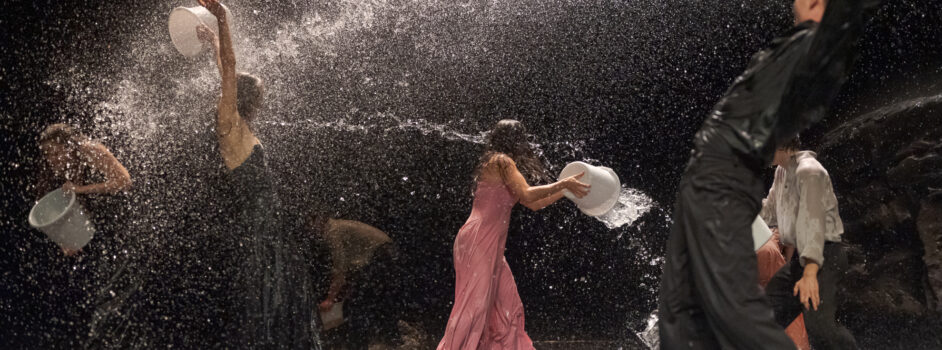
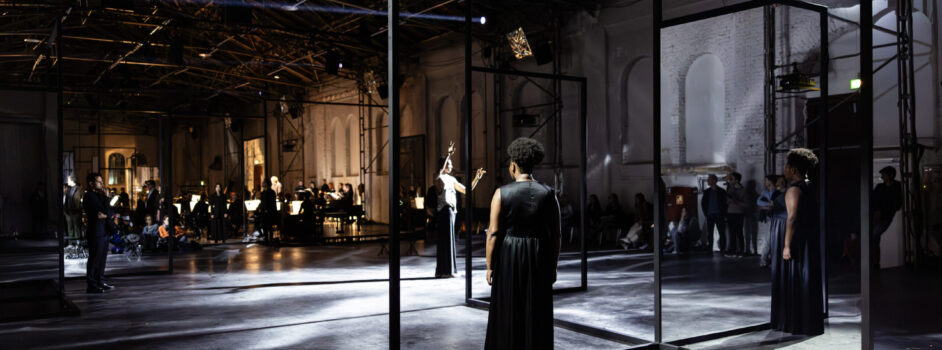
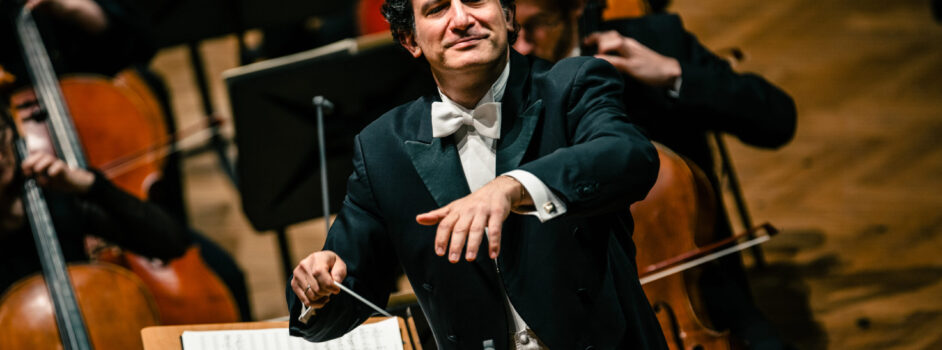
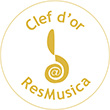
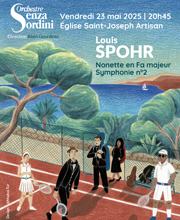
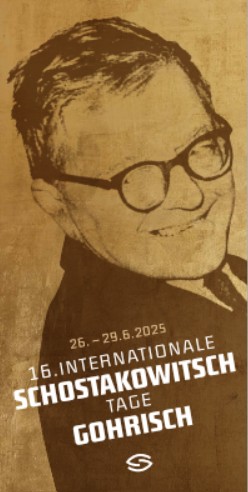

1 commentaire sur “Iolanta and Perséphone, a successful pairing”